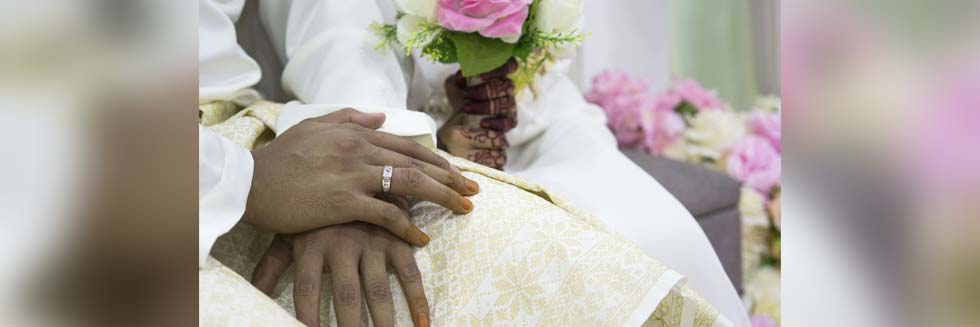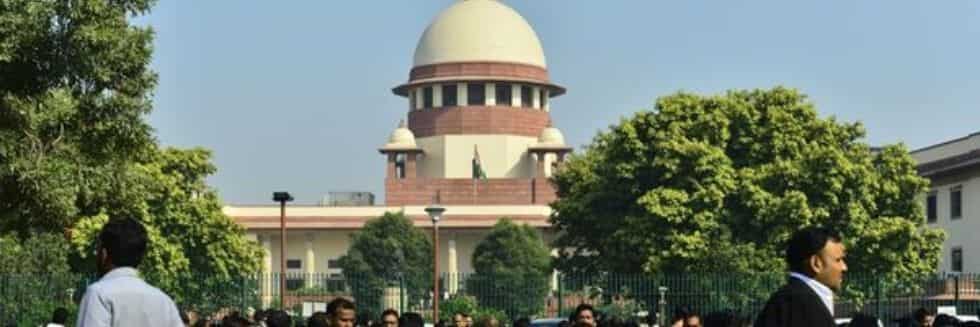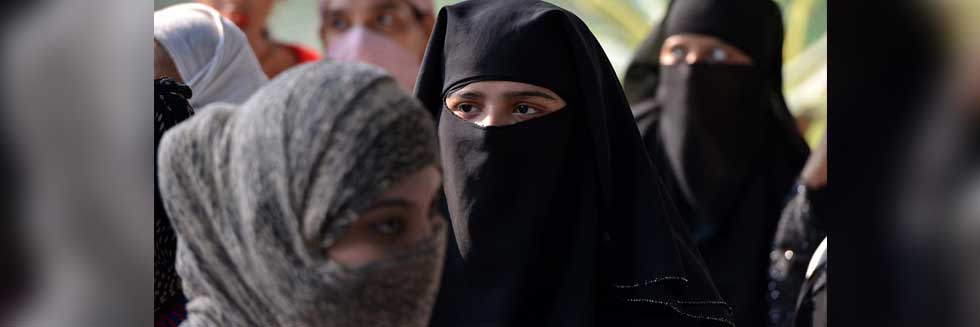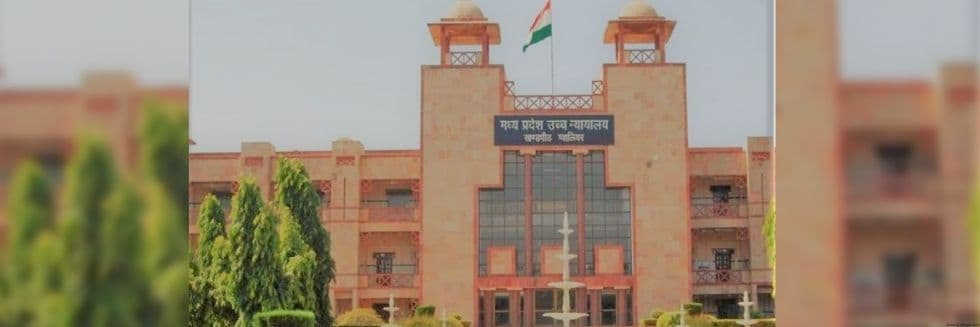In a significant judgment, Punjab and Haryana High Court noted that a wife living in adultery is not entitled to permanent alimony. The Division bench was hearing an appeal filed by a woman seeking permanent alimony from her ex-husband.
The bench comprising Justice Ritu Bahri and Justice Nidhi Gupta was deciding on a woman’s appeal before the High Court where a decree of divorce was granted to her husband under the provisions of the Hindu Marriage Act, 1955.
The bench noted that counsel appearing for the appellant-wife had not been able to lead any evidence which could reverse the finding of extramarital affairs of the appellant-wife and another person.
In addition to the evidence adduced by the witnesses-servant in the respondent husband’s house, the inquiry report by CIA staff also consistently proved that the appellant wife was living in adultery. The only thing that was under scrutiny was whether the wife should get permanent alimony or not.
Judgments Referred By Appellant Wife’s Counsel For Permanent Alimony In Adultery Cases
Anil Kumar Sharma vs. Asha Sharma (Punjab And Haryana High Court)
After counsel for the wife referred to a judgment by a Division bench of Punjab and Haryana High Court in Anil Kumar Sharma vs. Asha Sharma, 2014(36) R.C.R. (Civil) 812, the bench stated that the judgment cannot be applicable in the present case as that was the case where the divorce was granted on the ground of mental cruelty as the wife made a complaint against her husband and his family members under Sections 406 and 498A IPC. That was not the case of adultery.
Pradeep Kumar Sharma vs. Deepika Sharma (Delhi High Court)
The counsel also referred to a Delhi High Court judgment in Crl.Rev.P. No. 417 of 2021 titled Pradeep Kumar Sharma vs. Deepika Sharma.
The division bench noted,
“Even that case would not be applicable in the present case as in that case, maintenance was granted to the respondent-wife under Section 125 Cr.P.C. vide order dated 31.07.2020, which was being challenged by the petitioner-husband on the ground that the respondent-wife was living in adultery. The relevant paras of the judgment are as under:-
Hence, it is found that the law, as interpreted by the High Courts of the Country, evinces that only continuous and repeated acts of adultery and/or cohabitation in adultery would attract the rigours of the provision under Section 125(4) of the Cr.P.C. In the instant matter, the petitioner before the learned Additional Principal Judge sought the non-payment of maintenance on the ground of adultery under Section 125 (4) of the Cr.P.C., however, the grounds taken by him did not establish even prima facie that the respondent was living in adultery. Even the statement by the son of the parties was made by after considerable amount of time of the trial had passed and the respondent had already been cross-examined. Therefore, the second ground of the petitioner also could not be established to contend that the respondent was not entitled to any maintenance.
The petitioner has also stated that the respondent had deserted him and had left his company without any reason. It is also a fact that the petitioner filed for divorce on the ground of cruelty, therefore, the learned Additional Principal Judge has rightly observed that since the petitioner had sought divorce on the ground of cruelty, he could not have simultaneously urged that he was aggrieved by the alleged desertion of the respondent.
The ground of adultery was taken on the statement of son of the parties, Master Pushkar. However, in the divorce petition, the ground for seeking divorce was cruelty and not adultery.”
Valsarajan vs. Saraswathy (Kerala High Court)
Then, the counsel referred to another judgment in Valsarajan vs. Saraswathy, 2003(3) R.C.R.(Criminal) 665 by Kerala High Court. After which, the bench stated, “The said judgment is also not applicable to the present case, as in that case, the wife was living in adultery after divorce and she was entitled for maintenance.”
Subhransu Sarkar vs. Indrani Sarkar (Nee Das) (Supreme Court)
The appellant-wife’s counsel, then, referred to the Subhransu Sarkar vs. Indrani Sarkar (Nee Das) 2021 AIR (Supreme Court) 4301 by the Hon’ble Supreme Court of India.
“In the said case, the appellant was seeking divorce on the ground of cruelty and desertion. The divorce was granted by invoking jurisdiction under Article 142 of the Constitution of India keeping in view that the marriage between the parties was emotionally dead and there was no point in persuading them to live together any more. The wife was granted permanent alimony of Rs.25 lacs towards full and final settlement. Even the said judgment would not be of any help to the appellant,” reads the order.
Considering all the circumstances and pieces of evidence, the High Court bench dismissed the wife’s appeal.






